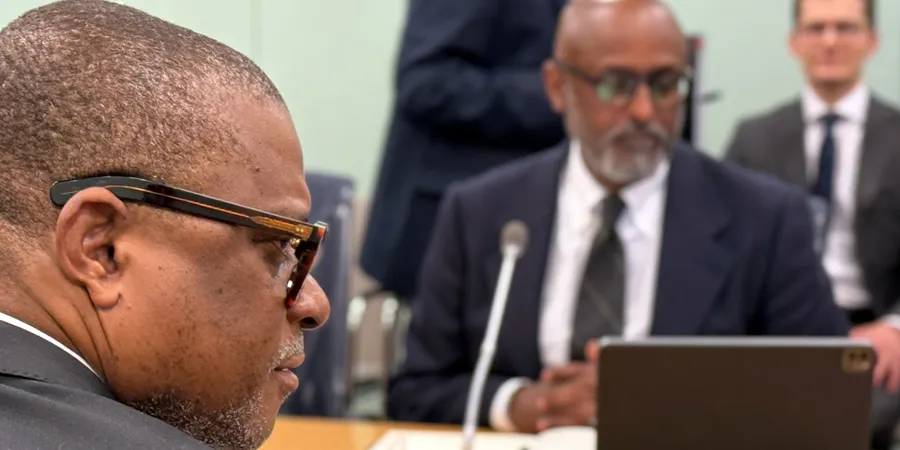Last week, in a number of addresses at sessions with the IMF, the IFC, and the World Bank during the Spring Meetings in Washington D.C., Mozambique’s Minister of Economy and Finance, Max Tonela, laid out a compelling picture of the country’s trajectory of economic recovery.
Mozambique’s path to recovery performance is widely acknowledged to be underpinned by growing results in sectors such as agriculture, transport and communication, services, and the extractive industry.
Tonela attributed the return to growth to a combination of factors, including the stability of the metical – Mozambique’s national currency, investments associated with natural resources projects, and the continuous support from cooperation partners to the state budget.
Reforms for a better business environment
Mozambique’s commitment to reforms was equally noteworthy, and the implementation of the Economic Stimulus Package (PAE) was recognised as a testament to this fact. The PAE package, launched in late 2022, aims to develop a more conducive business environment through measures such as the creation of a sovereign fund, the simplification of processes between the government and the private sector, and with a soon-to-be-released mutual fund, a much-needed improvement in access to credit.
Fiscal prudence and debt management have also been at the forefront of the country’s strategy. The World Bank commended Mozambique’s efforts to maintain a solid fiscal policy oriented towards macroeconomic sustainability, the adoption of stronger controls over public debt, and the improvement of domestic revenue collection.
These measures are expected to keep public expenditure pressures in check and ensure the stability of public accounts.
Minister of Economy and Finance, Max Tonela and his team held meetings with
Makhtar Diop, Managing Director of the International Finance Corporation (IFC)
Measures to tackle complex challenges
Mozambique is also undertaking a series of reforms to broaden its tax base and modernise revenue collection, including a reduction in the corporate income tax rate for businesses in agriculture, aquaculture, and urban transportation; the elimination of a separate fuel tax; and the introduction of new regulations to allocate a portion of natural resource tax revenues for infrastructure development in the provinces where extraction occurs.
The country’s resilience and commitment to economic reforms have not gone unnoticed by the IMF and the World Bank, who have been providing support through a medium-term programme focused on growth, fiscal sustainability, and public finance management.
In an address to a panel of fellow Ministers, Tonela expressed confidence that the actions being implemented, coupled with the continuous support of international partners, are effectively addressing the country’s ongoing challenges. Mozambique’s economic performance has drawn international attention during the ongoing spring meetings.
The country’s economic trajectory under Tonela was referred to by many at the summit as a case of the potential impact of resilience and strategic reforms, positioning the country as a notable example of economic progress within the African continent.
